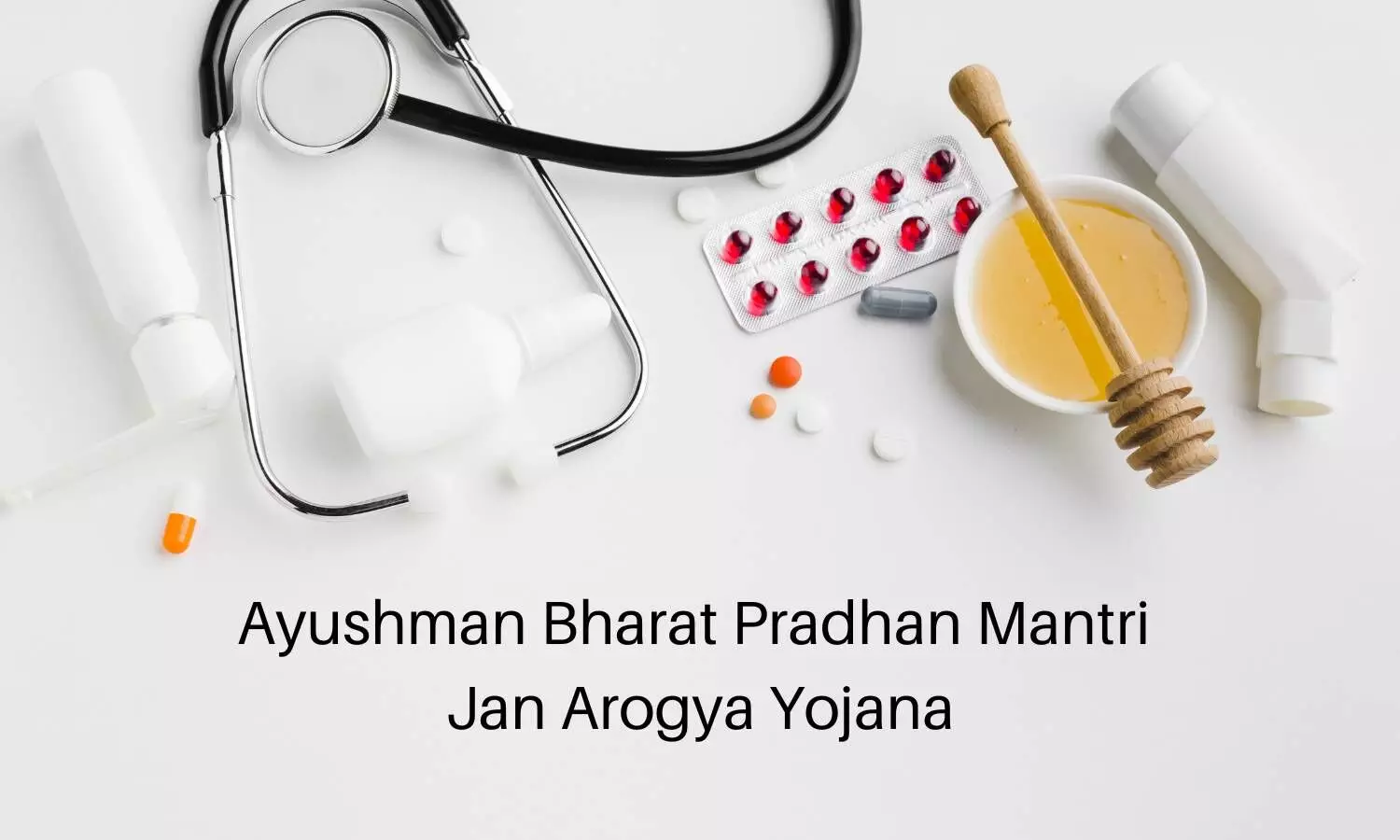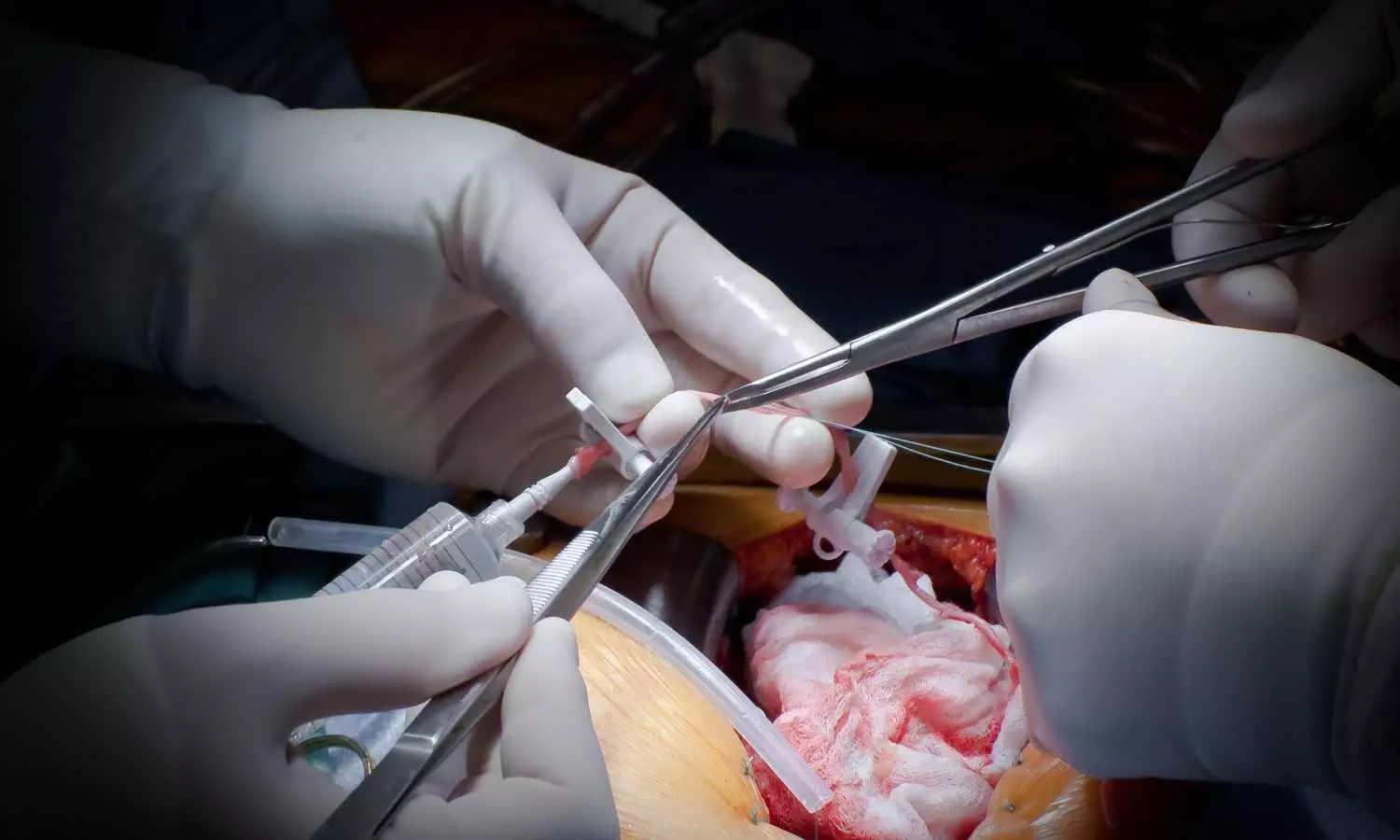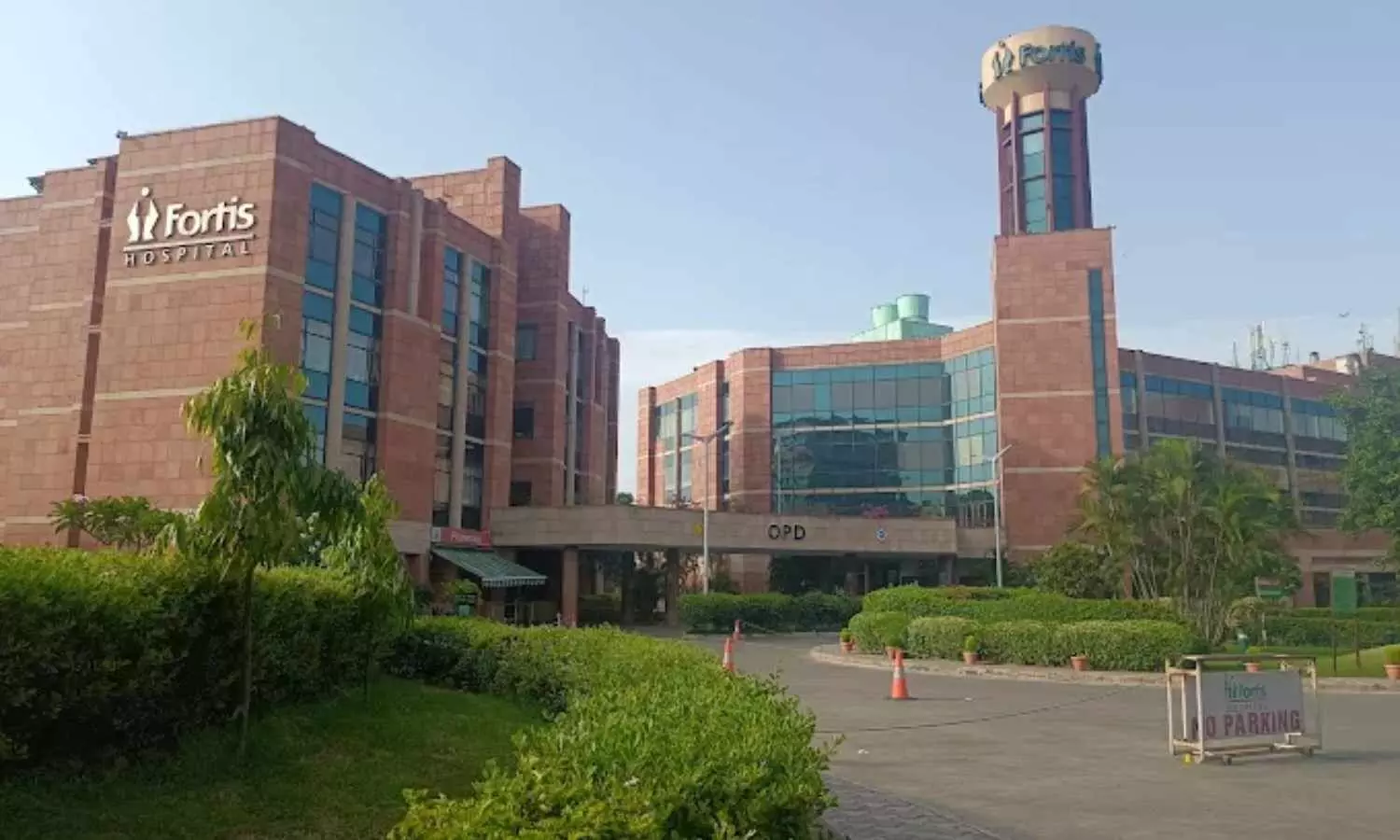Demanding NEET PG 2025 in Single Shift, Doctors Move Supreme Court
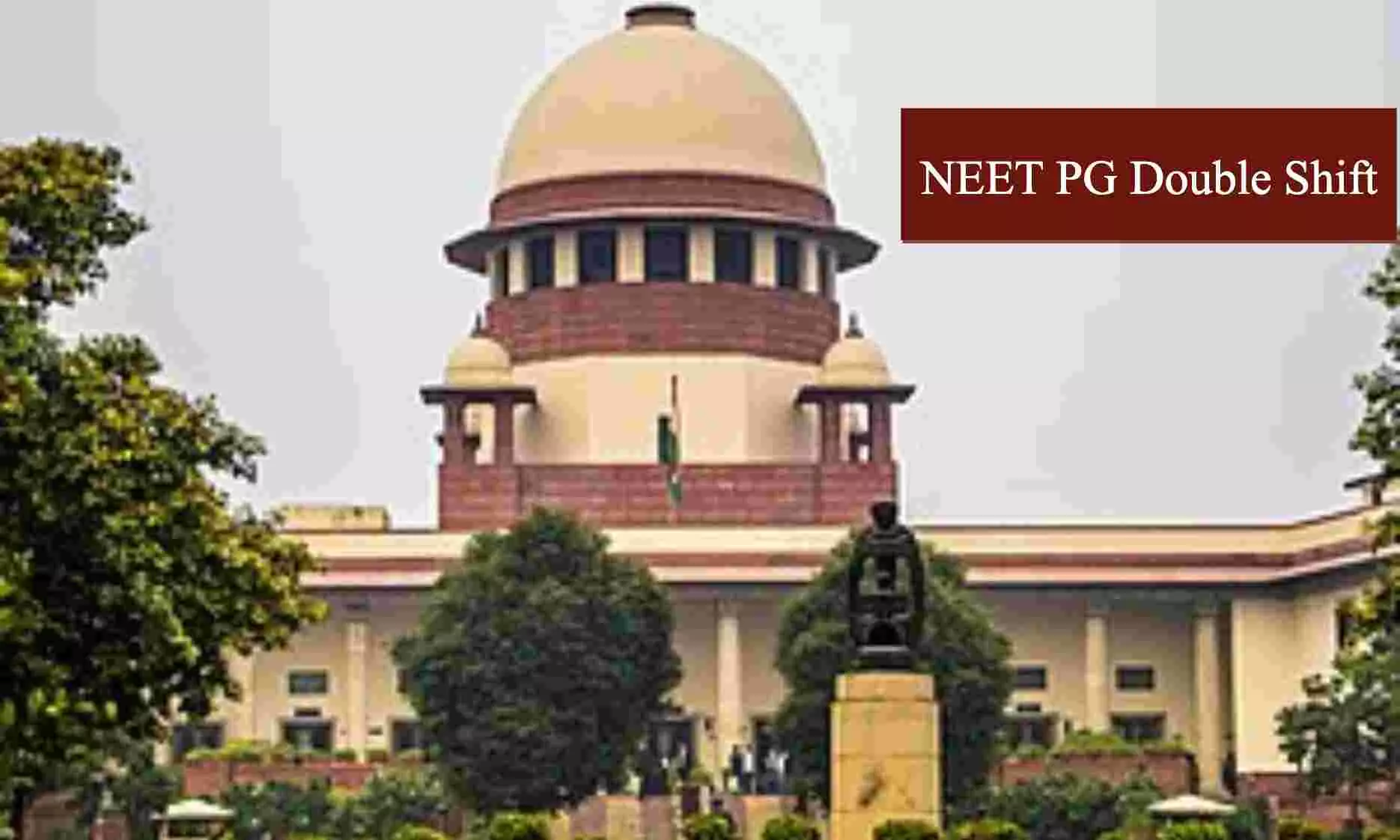
New Delhi: Doctors’ demand for holding the upcoming National Eligibility-Entrance Test Postgraduate (NEET-PG) examination in a single shift has now reached the Supreme Court.
The United Doctors’ Front (UDF) has filed a petition with the Supreme Court. In the plea, UDF, a registered medical association representing thousands of doctors and medical aspirants, has urged the Apex Court to issue directions to conduct the upcoming NEET PG 2025 exam in a single shift across the country.
The petition, filed under Article 32 of the Constitution, challenges the arbitrary and non-transparent decision of the National Board of Examinations (NBE) to conduct NEET PG in two shifts with different question papers, using a disputed normalisation process for result calculation. UDF contends that this violates the aspirants’ fundamental rights under Articles 14 and 21 of the Constitution, specifically the right to equality and the right to a fair, merit-based opportunity, the association mentioned in a release.
Commenting on the matter, Dr. Lakshya Mittal, the National President of UDF, said, “Our petition is in response to overwhelming concerns raised by NEET PG aspirants across India. Conducting exams in two shifts with different levels of difficulty and applying a normalisation formula without transparency directly impacts the fairness and credibility of the entire process.”
Stressing that NEET PG 2025 should be conducted in a single shift, recently Dr. Mittal had highlighted the demand for “One Nation, One Shift” to ensure fairness, transparency and trust in the examination process.
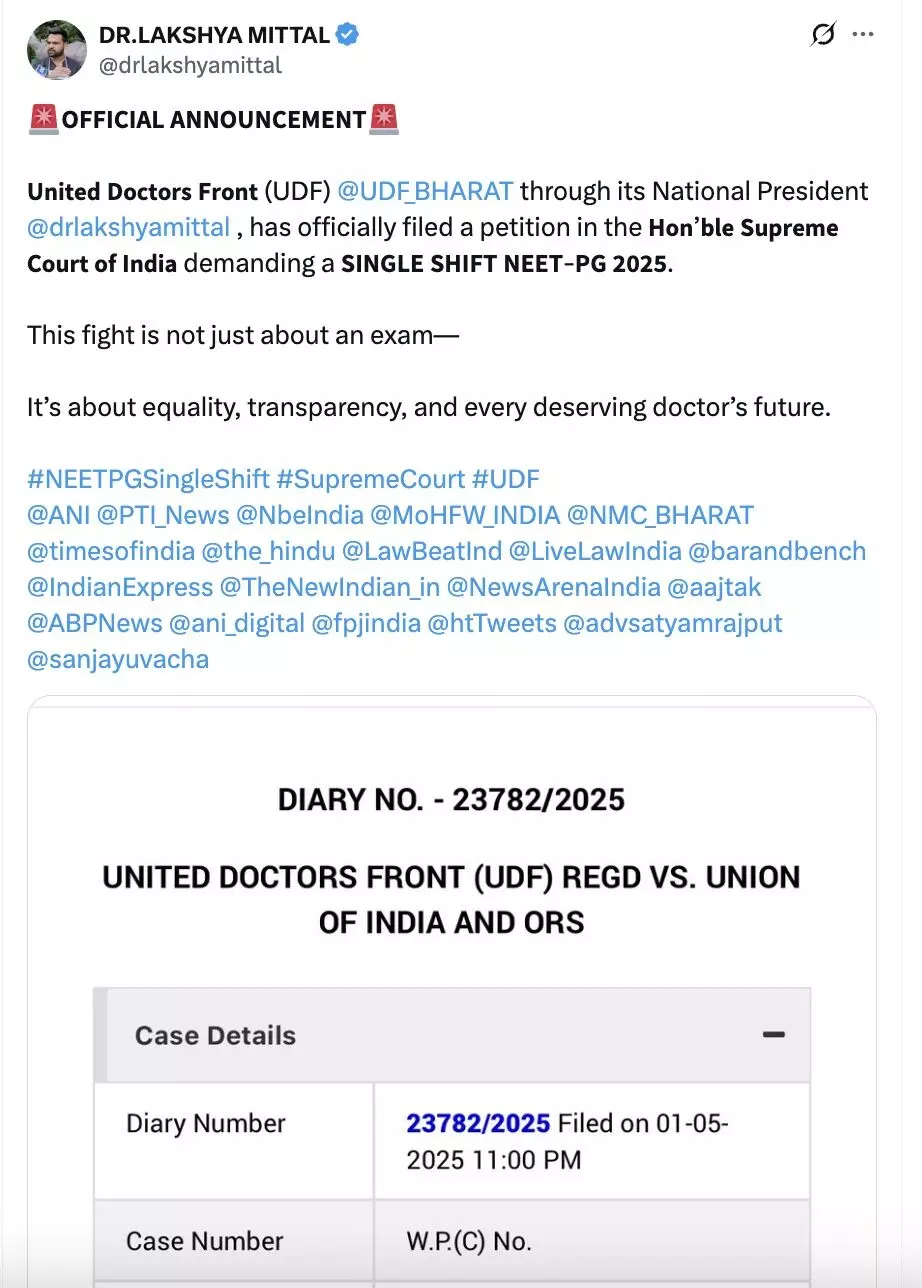
Medical Dialogues had earlier reported that a recent public survey conducted on the social media platform by UDF revealed that more than 2,513 NEET-PG aspirants anticipated, and a remarkable 96% of respondents demanded that the examination be conducted in a single shift to ensure fairness, transparency, and uniform evaluation. Raising this demand, UDF recently urged the Union Health Minister, Shri J.P. Nadda to reconsider the decision to conduct the PG medical entrance test in two shifts.
Previously, raising concerns about the multiple-shift exam format for NEET PG, UDF had highlighted the issues if normalisation discrepancies, legal complexities, and loss of candidate confidence.
Doctors across the country have been upset over the conduct of the upcoming NEET PG 2025 exam after the NBEMS announced that it would be held in two shifts on June 15, 2025. While the first shift is scheduled from 9:00 AM to 12:30 PM, the second shift is scheduled from 3:30 PM to 7:00 PM.
The doctors expressed their concerns primarily over the normalisation process. Even though the normalisation formula was introduced for NEET PG 2024 to adjust the scores across different exam shifts to ensure fairness, critics have argued that the process is flawed.
A few candidates who appeared in the second shift of the NEET PG 2024 exam had questioned the normalisation formula adopted by NBEMS and further claimed that the board had scammed them in the name of a competitive exam. They pointed out that the Shift 2 paper was tougher compared to Shift 1 and further termed the process of calculating scores as debatable. These concerns were also raised before the Supreme Court, where the aspirants prayed for transparency in the NEET PG 2024 exam.
Recently, a poll conducted by Shiksha.com revealed that when asked about their opinions on the two-shift NEET PG 2025 examination, 89% of the respondents in the poll opposed the idea. While 89% of respondents said “No” to the NEET PG exam in two shifts, 9% of respondents supported the idea, and the remaining 2% were undecided.
Despite the protests and demands from the aspirants to hold the upcoming PG entrance test in a single shift, NBEMS has not yet announced any changes in its plans of holding the exam in double shifts. Meanwhile, the plea alleging a lack of transparency in the NEET PG 2024 exam is still pending before the Supreme Court.
Amid this, UDF has now challenged NBE’s decision to hold NEET PG 2025 in two shifts before the Supreme Court by filing a plea yesterday. Making an official announcement in this regard, Dr. Mittal mentioned in an X (formerly Twitter) post, “𝗨𝗻𝗶𝘁𝗲𝗱 𝗗𝗼𝗰𝘁𝗼𝗿𝘀 𝗙𝗿𝗼𝗻𝘁 (UDF) @UDF_BHARAT through its National President @drlakshyamittal, has officially filed a petition in the 𝗛𝗼𝗻’𝗯𝗹𝗲 𝗦𝘂𝗽𝗿𝗲𝗺𝗲 𝗖𝗼𝘂𝗿𝘁 𝗼𝗳 𝗜𝗻𝗱𝗶𝗮 demanding a 𝗦𝗜𝗡𝗚𝗟𝗘 𝗦𝗛𝗜𝗙𝗧 𝗡𝗘𝗘𝗧-𝗣𝗚 𝟮𝟬𝟮𝟱. This fight is not just about an exam— It’s about equality, transparency, and every deserving doctor’s future.”
Powered by WPeMatico


